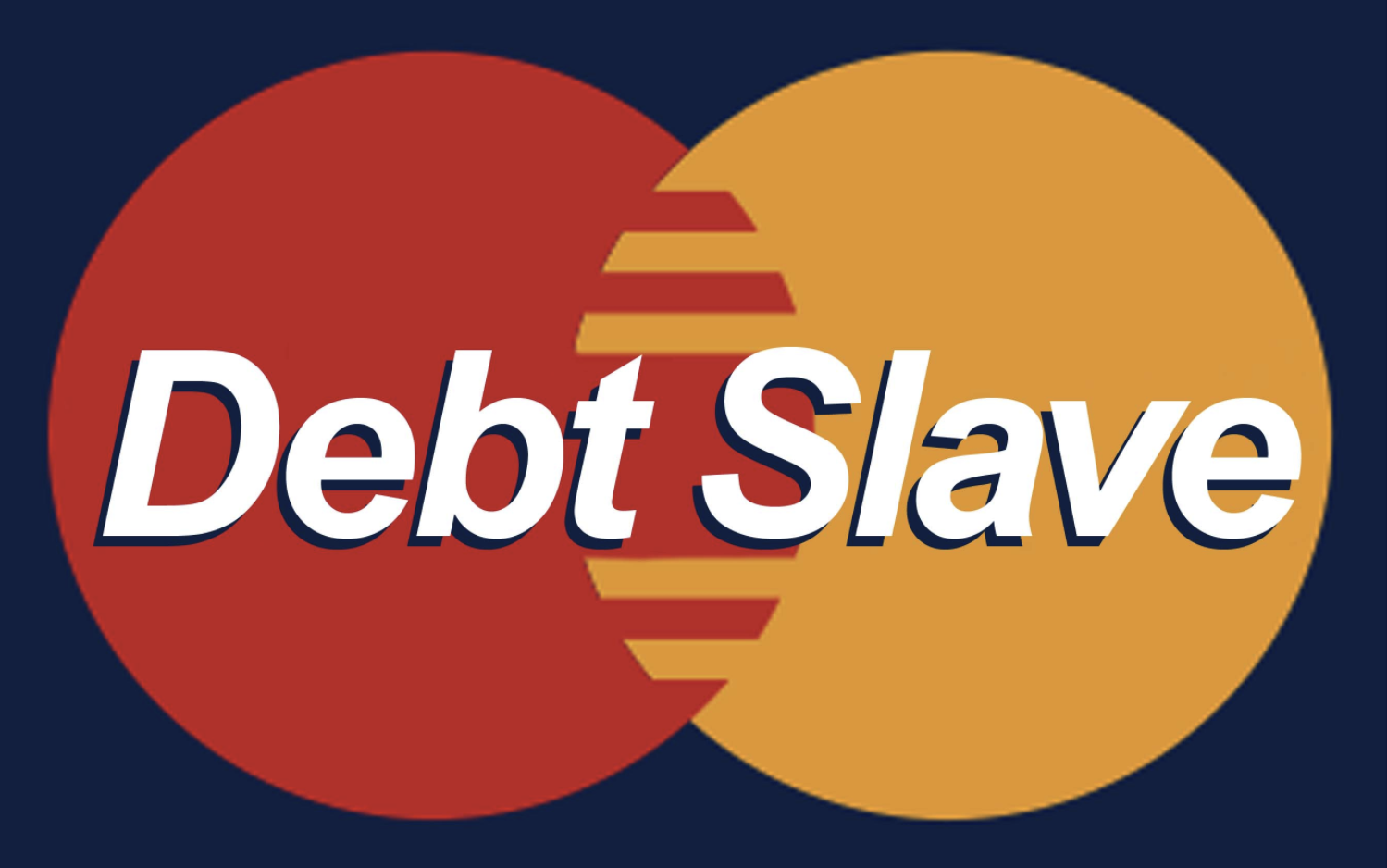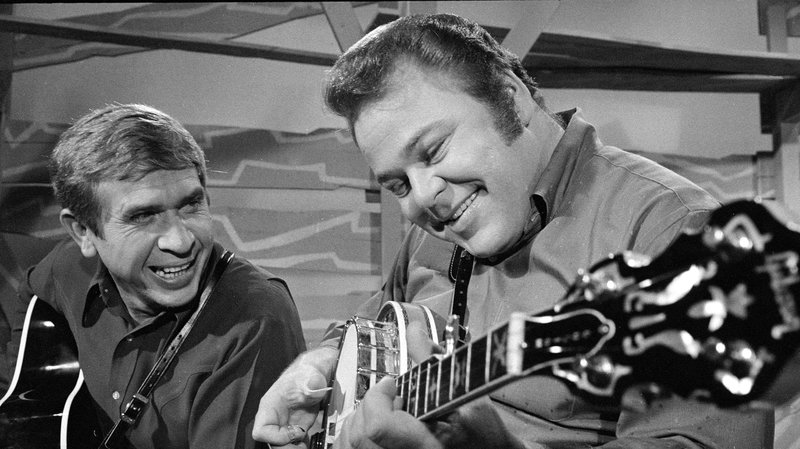 Look, I get it. All of us here at MOTW come from the background that says when a man takes out a loan, he pays it back. If you can’t pay it back, you don’t take the loan. If you do get a loan, then it is your own tough luck when things fall apart. In normal circumstances, we still hold that position.
Look, I get it. All of us here at MOTW come from the background that says when a man takes out a loan, he pays it back. If you can’t pay it back, you don’t take the loan. If you do get a loan, then it is your own tough luck when things fall apart. In normal circumstances, we still hold that position.
However, the moral position that underpins that perspective is not relevant to student loans. Here is why:
- If I take out a loan, and life throws me a curve ball, I have the ability to declare bankruptcy. Sure, I lose posessions, my credit score gets hammered, and I will pay higher interest rates in the future, but I do have a way to get out of it.
- When I go into a bank to apply for a regular loan, the bank checks me out to see if I am going to be able to pay it back. How big of a risk am I? That is good policy.
- Loans are given with the understanding that they will be applied to either some tangible asset (property, etc.) that can be seized, if the loan is defaulted, thereby giving the lender at least some of their loan value back, or as an investment in some plan that should earn income. That second type is more risky, as there is nothing to repossess, should the loan be defaulted, so the bank tends to be pretty stingy on those, making sure the plan has a real chance of succeeding.
So when we apply those standards to Student Loans, we get something different.
- You cannot have a Student Loan debt discharged via bankruptcy. It is an albatross around your neck until you pay it off or die.
- Student Loans do not require you to be able to pay them back, in order to get one. Are you breathing? Do you have a pulse? Congratulations, you qualify for a student loan.
- Banks cannot repossess a degree. Not even the certificate you hang on your wall. They also cannot take possession of your grades and experiences. Those are the things you get from a college experience. There are no tangible assets at all. These loans are giving with the understanding (in theory) that you will earn a degree, get a job that pays well, and be able to pay the money back, eventually. Yet there is no investigation into your ability to actually accomplish this objective. None. There is no consideration about the type of degree you will earn, even if you do graduate? Is that degree going to get you a job that pays a whopping $28K per year? Sure, we’ll still give you the $125K in student loans. That should work.
It is that third issue that stand out here. Anyone can get a student loan. You just fill out your FAFSA and there it is. You get offers. Remember, most of these students have no business going to college in the first place. Whether by lack of academic ability or personal proclivities, they will never successfully complete a degree, yet they will be burdened with this debt, and they cannot rid themselves of it.
I know what you are thinking – they shouldn’t take out the loan in the first place. Sure, I get it. I understand that, and you are right. They should not. The big problem is that many colleges and universities have targeted those who are not capable of making the right choice, and then convinced them to do it anyway. Why would the schools do this? Because it is a governmental gravy train. They get all that money, and YOU have to pay it back. The institution does not care if you graduate or not. They are happy if you do, but will still cash the check if you don’t.
So we have folks who are running around with an IQ of 85, better suited to menial tasks, who are told by a recruiter, “hey, you should take out this loan and go to college, do all the work needed, and you can get a degree. People with this type of degree make 12 bazillion dollars a year….”
Do you really think that poor sap can see the end game? All they hear is take out a loan, make big money. They have never had to do college- level work, and have no context to make a proper decision here. The recruiter assures them that if they successfully complete school, their parents will be proud, they can attract a suitable mate, raise their children in style, and live the good life. Can we expect these folks to turn that golden opportunity down?
level work, and have no context to make a proper decision here. The recruiter assures them that if they successfully complete school, their parents will be proud, they can attract a suitable mate, raise their children in style, and live the good life. Can we expect these folks to turn that golden opportunity down?
Of course, they should. But they seldom do. They are victims of this process, their eventual downfall exacerbated by the very programs designed to help them.
The entire Student Loan program is a “you scratch my back, I scratch yours” between the government, banks, and educational institutions. The government gets to crow that they are doing all these things to help the underprivileged to gain that desired education, the banks get to issue loans that MUST be paid back, and the educational institutions get to fill their coffers. From their perspective, everyone wins.
Except for two groups: 1. the taxpayers that end up footing the bill, as these loans are are floated, but not repaid; 2. the student who ends up mired in debt, unable to pay, having their property seized, wages garnished, and future economic prospects crushed.
There is nothing good about the values of a student loan. They are immoral. The debt that strangles so many unsuspecting Americans should be forgiven.










They are usurious; in that they are designed to enslave (despite the 1984-esque claim that they liberate). Furthermore, the availability of these loans has second-order effects. First, it serves to inflate the price of tuition, and second, it reduces the incentives of private institutions to offer loans.
Sure would be nice if the Church hadn’t checked out of societal participation fifty years ago. They could have called this spade a spade.
1.5
5
Imagine you are in business, selling a product, and you are able to convince future customers that by the time they purchase your product, almost two decades in the future, they must start saving today. In two decades, viola, the price of the product is in fact sky-high. Quite the scam. If colleges were not so well politically connected, their presidents would all be indicted for RICO statute violations. This overly cozy relationship explains why the US Congress went hard after the for-profit college system. The Mafia does not tolerate competition.
Yep.